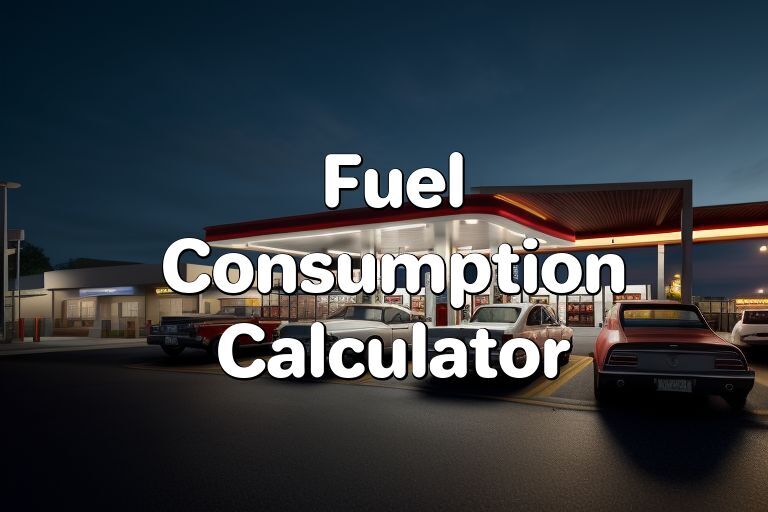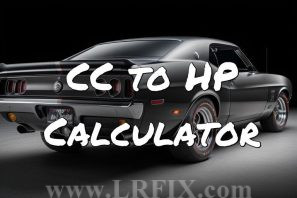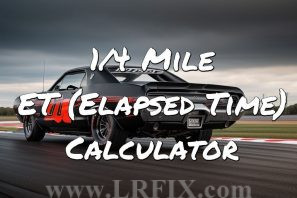Fuel Consumption Calculator
The LRFIX Fuel Consumption Calculator determines fuel efficiency based on distance traveled and fuel used.
Fuel Consumption Calculator
How to Use a Gas Mileage Calculator
1. Enter the Distance Traveled: Input how far you’ve traveled, in either kilometers or miles.
2. Enter the Fuel Used: Input the amount of fuel consumed, in liters or gallons.
3. Select Your Unit: Choose whether you’re using kilometers or miles to get accurate results.
The Calculator Will Provide:
- Fuel Consumption: In liters per 100 kilometers or gallons per 100 miles.
- Fuel Economy: In kilometers per liter or miles per gallon.
Bonus Feature: Trip Cost Calculator
Want to know how much your trip will cost based on current fuel prices? Expand the "Trip Cost" section to find out!
1. Enter the Fuel Price: Input the cost per liter or gallon.
2. Get Your Trip Cost: The calculator will use your fuel consumption data to compute the total cost of your trip.
This feature makes it easy to estimate travel expenses and plan your budget.
Need Help?
If you have any questions or need assistance with using the calculator, don’t hesitate to reach out. We’re here to help make your travel planning easier!





